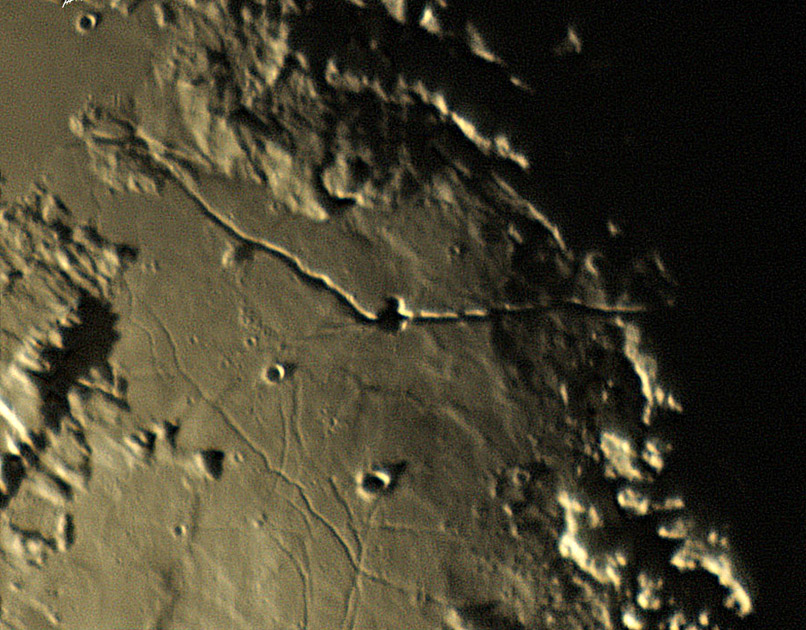Difference between revisions of "July 12, 2013"
| Line 3: | Line 3: | ||
<!-- ws:start:WikiTextHeadingRule:0:<h1> --> | <!-- ws:start:WikiTextHeadingRule:0:<h1> --> | ||
<!-- ws:start:WikiTextLocalImageRule:6:<img src="/file/view/LPOD-Jul12-13.jpg/441136070/LPOD-Jul12-13.jpg" alt="" title="" /> -->[[File:LPOD-Jul12-13.jpg|LPOD-Jul12-13.jpg]]<!-- ws:end:WikiTextLocalImageRule:6 --><br /> | <!-- ws:start:WikiTextLocalImageRule:6:<img src="/file/view/LPOD-Jul12-13.jpg/441136070/LPOD-Jul12-13.jpg" alt="" title="" /> -->[[File:LPOD-Jul12-13.jpg|LPOD-Jul12-13.jpg]]<!-- ws:end:WikiTextLocalImageRule:6 --><br /> | ||
| − | <em>image by [mailto:zerjioi@ugr.es | + | <em>image by [mailto:zerjioi@ugr.es Sergio Alonso] (Zerjillo) and Antonio Román, Chirivel, Spain</em><br /> |
<br /> | <br /> | ||
| − | Zerjillo & Antonio are two long time friends in Granda, Spain who have become very serious about observing and astrophotography. In a series of entertaining and instructive [http://laazotea.org | + | Zerjillo & Antonio are two long time friends in Granda, Spain who have become very serious about observing and astrophotography. In a series of entertaining and instructive [http://laazotea.org videos] they show how they have built a small obervatory, created an Obsession Rover to transport their 25" telescope, and made the best mirror cover I've ever seen. They also image the Moon, acquiring some wonderful shots that hopefully portend many more excellent ones to come. I like this view of Hyginus because the golden glow reminds me of evocative images from the past, and because Hyginus is simply one of the most fascinating fractured areas on the Moon. Seeing the northern part of the Triesnecker Rilles without the distraction of the crater allows the different structural trends to emerge. From Hyginus crater to the west there are faint rille segments that continue the eastern arm of the rille westward. A similar, roughly east-west linear rille appears across the bottom of the image. Both of these linear rilles are older than most of the other rilles which cut them and are sharper edged and deeper. Four are so riles extend north and open outward a little like a stylized Japanese flower arrangement. The youngest of these rilles is the diagonal one that crosses everything else. Like the western arm of the Hyginus Rille it is roughly radial to the center of the Imbrium Basin, implying some causal relationship. <br /> |
<br /> | <br /> | ||
| − | <em>[mailto:tychocrater@yahoo.com | + | <em>[mailto:tychocrater@yahoo.com Chuck Wood]</em><br /> |
<br /> | <br /> | ||
<strong>Technical Details</strong><br /> | <strong>Technical Details</strong><br /> | ||
| Line 14: | Line 14: | ||
<strong>Related Links</strong><br /> | <strong>Related Links</strong><br /> | ||
<em>[http://lpod.wikispaces.com/21st+Century+Atlas+of+the+Moon 21st Century Atlas]</em> chart 12.<br /> | <em>[http://lpod.wikispaces.com/21st+Century+Atlas+of+the+Moon 21st Century Atlas]</em> chart 12.<br /> | ||
| − | Azotea [http://laazotea.org/ | + | Azotea [http://laazotea.org/ website]<br /> |
<br /> | <br /> | ||
<hr /> | <hr /> | ||
Revision as of 18:06, 11 January 2015
Golden Fractures

image by Sergio Alonso (Zerjillo) and Antonio Román, Chirivel, Spain
Zerjillo & Antonio are two long time friends in Granda, Spain who have become very serious about observing and astrophotography. In a series of entertaining and instructive videos they show how they have built a small obervatory, created an Obsession Rover to transport their 25" telescope, and made the best mirror cover I've ever seen. They also image the Moon, acquiring some wonderful shots that hopefully portend many more excellent ones to come. I like this view of Hyginus because the golden glow reminds me of evocative images from the past, and because Hyginus is simply one of the most fascinating fractured areas on the Moon. Seeing the northern part of the Triesnecker Rilles without the distraction of the crater allows the different structural trends to emerge. From Hyginus crater to the west there are faint rille segments that continue the eastern arm of the rille westward. A similar, roughly east-west linear rille appears across the bottom of the image. Both of these linear rilles are older than most of the other rilles which cut them and are sharper edged and deeper. Four are so riles extend north and open outward a little like a stylized Japanese flower arrangement. The youngest of these rilles is the diagonal one that crosses everything else. Like the western arm of the Hyginus Rille it is roughly radial to the center of the Imbrium Basin, implying some causal relationship.
Chuck Wood
Technical Details
30/06/2013 3:27UT, Obsession 25" reflector + IMG132 camera; ~1000 frames captured and later processed with AVIStack, Regisax, ImagesPlus and GIMP.
Related Links
21st Century Atlas chart 12.
Azotea website



